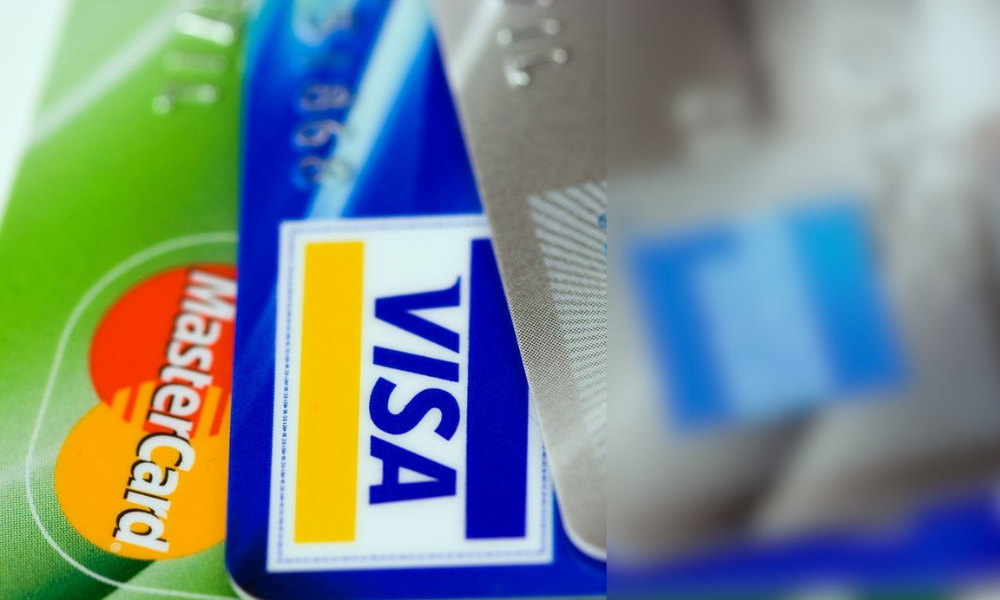
The agreement includes a reduction in interchange fees until 2030 and requires the companies to negotiate fees with merchant-buying groups.
This settlement is considered one of the largest antitrust settlements in U.S. history and is expected to resolve claims from litigation that began in 2005.
Under the settlement announced on Tuesday, Visa and Mastercard will reduce interchange rates by four basis points (0.04 percentage points) in the United States for three years, and cap rates for five years.
Retailers had accused Visa and Mastercard of overcharging on interchange fees and imposing anti-steering rules that prevented them from directing customers to less expensive payment methods. The settlement also aims to provide more discretion to merchants to offer discounts or impose surcharges on cards with higher interchange fees.
Interchange fees are transaction fees that the merchant's bank pays to the cardholder's bank to cover handling costs, fraud and bad debt costs, and the risk involved in approving the payment. Essentially, they are part of the overall fee that merchant services providers charge for processing credit and debit card transactions.
Interchange fees are calculated as a percentage of the total transaction amount, plus a fixed fee. These rates are set by credit card networks like Visa, Mastercard, American Express, and Discover, and typically update every April and October.
The collected interchange fees are then passed back to the bank that issued the customer's credit card.
For example, if Visa's interchange rate for a retail sale is 1.5% plus 10 cents, and the merchant services provider adds a service fee of 0.40% plus 8 cents, the total transaction fee would be 1.9% plus 18 cents.
The settlement between Visa and Mastercard and US retailers could have several potential impacts on consumers:
1. Credit Card Rewards: There's a possibility that the rewards and benefits offered by premium credit cards might be reduced. Since the settlement allows merchants to negotiate lower transaction rates, the revenue used to fund these rewards could decrease.
2. Cost of Using Premium Cards: Merchants may pass on the cost of transactions to consumers, especially for premium credit cards that typically have higher swipe fees. This could mean that consumers might have to pay more when using such cards.
3. Surcharging: The settlement gives merchants more freedom to impose surcharges on cards with higher interchange fees. So, consumers might face additional charges for using certain credit cards at some retailers.
4. Price of Goods and Services: If merchants decide to pass on the savings from lower swipe fees to consumers, there could be a reduction in the prices of goods and services. However, it's uncertain if and how much of the savings will be passed on to consumers.
It's important to note that the actual impact will depend on how merchants choose to respond to the changes in swipe fees and whether they decide to pass on the costs or savings to consumers. The effects might not be immediate and could evolve over time as the market adjusts to the new settlement terms.















 IndianWeb2.com is an independent digital media platform for business, entrepreneurship, science, technology, startups, gadgets and climate change news & reviews.
IndianWeb2.com is an independent digital media platform for business, entrepreneurship, science, technology, startups, gadgets and climate change news & reviews.



